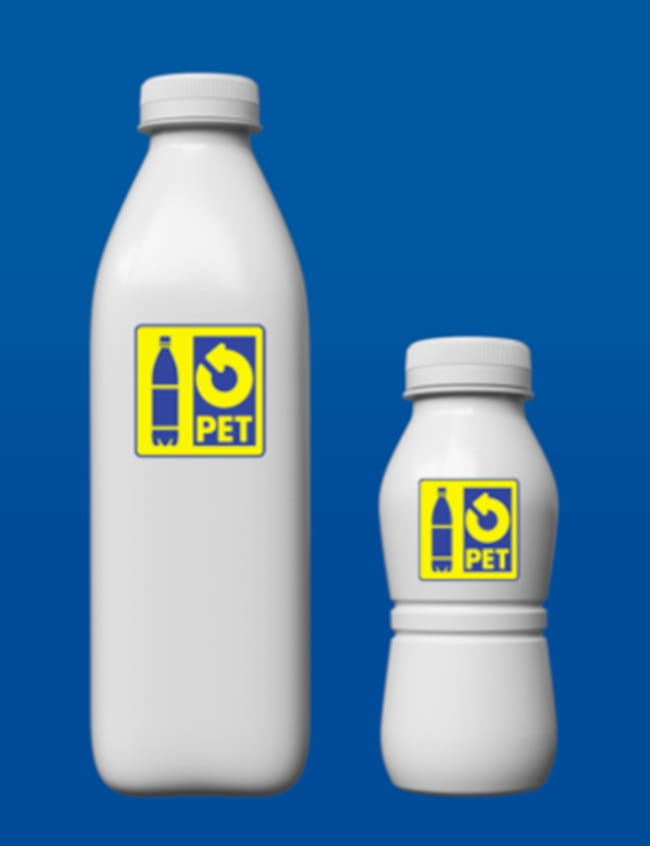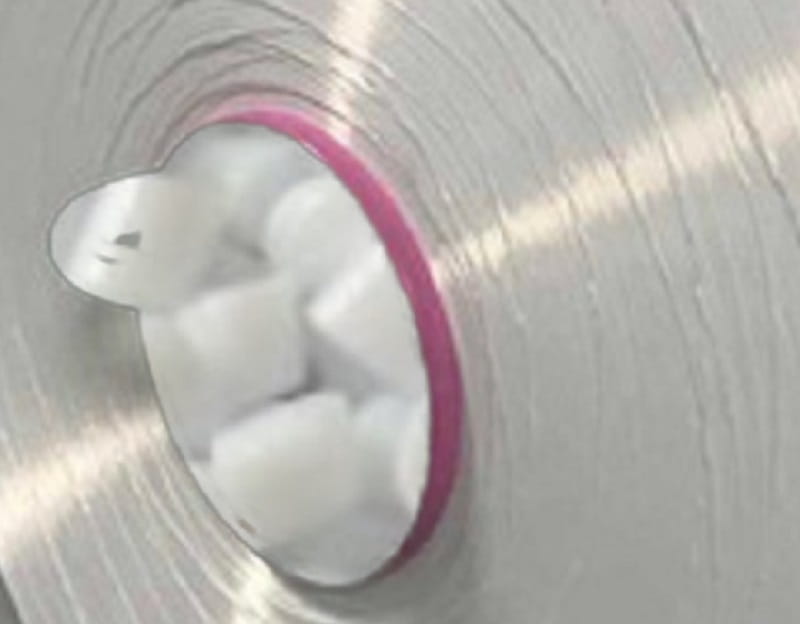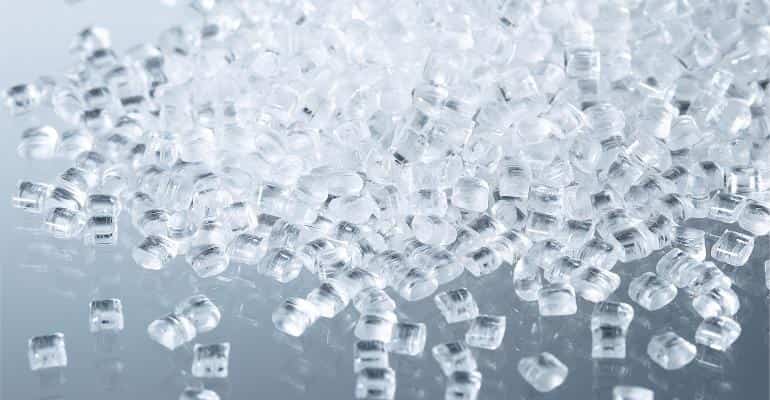Green hydrogen
Polymers prices – In Switzerland, a significant shift is underway in the dairy industry as milk bottles transition from polyethylene (PE) to polyethylene terephthalate (PET)
More…
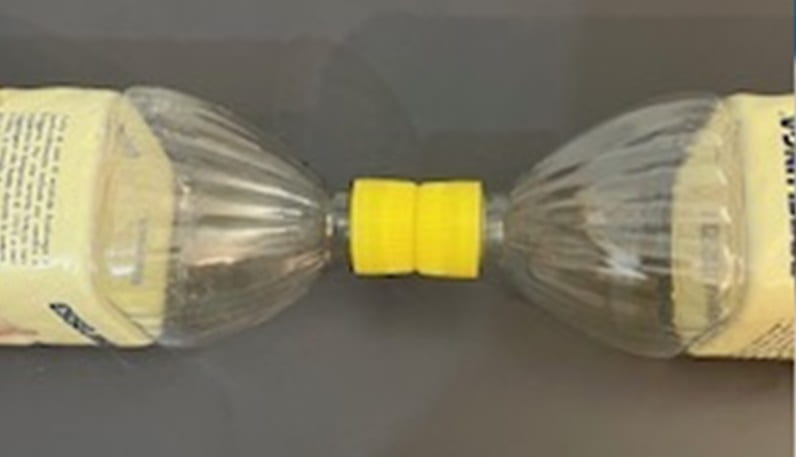
Crude Oil Prices Trend
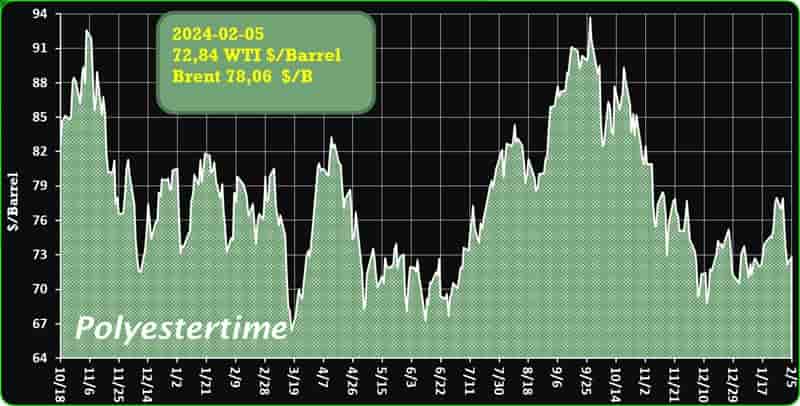
Crude Oil Prices Trend by Polyestertime
Total Energies has successfully transformed feedstocks from plastic waste into new polymer at its polypropylene plant in La Porte, Texas
This achievement is the result of a multiyear agreement with New Hope Energy, a company utilizing patented pyrolysis technology in partnership with Lummus Technology to convert plastic waste into pyrolysis oil, cracked gas, and pitch. Under the agreement, New Hope Energy supplies Total Energies with petrochemical feedstock derived from plastics, supporting Total Energies’ ambitious goal of producing one million tons of circular polymer by 2030. Green hydrogen
The process involves converting feedstock from plastic waste into monomer at the BASF Total Energies Petrochemicals (BTP) facility in Port Arthur, a joint venture between BASF and TotalEnergies. Subsequently, the monomer is polymerized into sustainable polypropylene at Total Energies’ La Porte plant. The resulting polymers are certified as sustainable and suitable for various applications, including food-grade packaging.
New Hope Energy plans to expand its Tyler facility’s capacity to process more than 420 metric tons per day of waste plastic by 2026. Rusty Combs, CEO of New Hope Energy, expresses enthusiasm about the partnership with Total Energies, stating that the supply agreement marks a crucial step toward achieving New Hope’s goal of significantly improving the nation’s plastic recycling performance. Green hydrogen
Both the La Porte and BTP facilities received their ISCC+ certification in 2022, highlighting the commitment to advanced recycling practices and sustainability in the production of circular polymers.
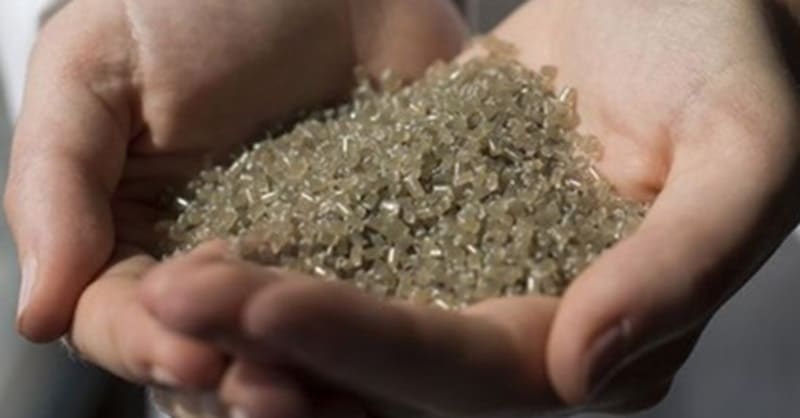
In December 2023, Germany witnessed a substantial 8.5% YoY decline in import prices and a 2.4% YoY reduction in export prices, according to data released by the Federal Statistical Office (Destatis)
The significant downturn in import prices, persisting since October, is largely attributed to a base effect stemming from elevated price levels in 2022. In comparison to November, import prices experienced a 1.1% decline during the month.
Energy imports played a pivotal role in shaping the economic landscape, with December’s energy imports costing 32.1% less than the previous year and 6.3% less than November. Notably, natural gas exerted the most considerable influence on the YoY rate of change for energy, registering a staggering 49% decrease in prices compared to December 2022. The broader spectrum of energy sources, including electricity, crude oil, mineral oil products, and hard coal, also witnessed price drops ranging from 2.8% to 25.2% compared to November 2023. Green hydrogen
On an annual average basis, import prices experienced an 8.3% YoY decline in 2023, marking the most significant drop since 2009. Export prices mirrored the trend, showcasing a 0.3% YoY decrease on an annual average basis in 2023 compared to the preceding year. The economic dynamics unveiled in this data suggest a notable shift in pricing trends and underscore the impact of various factors, including energy costs, on Germany’s trade landscape.
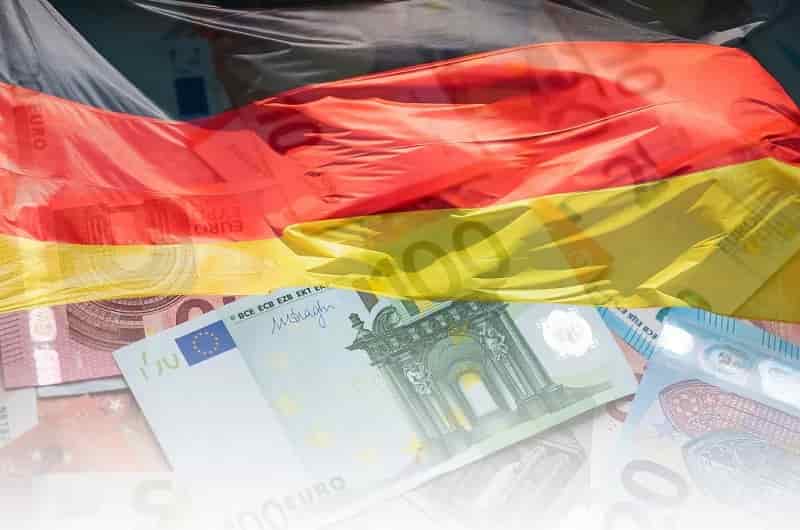
Sun Chemical Implements Freight Surcharges in Light of Red Sea Crisis
Sun Chemical will implement selected freight surcharges impacted by the Red Sea crisis globally.
Against the backdrop of geopolitical instabilities, maritime transportation through the Suez Canal and Red Sea has been especially severely impacted since November. With around 30% of the world’s container trade shipped via this route, many shipments are facing delays and some are being rerouted via the Cape of Good Hope, significantly increasing the distance travelled and adding further costs and time. Cargo air freight is also seeing a spike in demand to avoid such longer diversions. Green hydrogen
Vessels departing from China, India, and the rest of the Far East are being affected by safety measures, shipments delays, rotation of containers, as well as ports’ congestion, causing journey extensions of at least 20 days on the outward and 20 days on their return. Several forces majeures have been invoked already, while the situation is also causing significant cost increases and could soon start to impact the availability of raw materials.
As a proactive response to these challenges, Sun Chemical is actively monitoring the evolving situation through its extensive global network of partners. The primary objective remains ensuring the continued supply of high-quality products and services to customers. In light of the dynamic nature of the crisis, Sun Chemical is taking necessary steps to secure raw materials and minimise transportation delays. Green hydrogen
Sun Chemical is committed to mitigating rising costs whenever possible, however, the rapid escalation in freight cost pressures has made the introduction of some freight surcharges unavoidable. Sun Chemical will communicate specific adjustments directly with its customers, underscoring its dedication to transparency and collaboration in navigating the challenges posed by the Red Sea crisis. This strategic approach ensures that Sun Chemical continues to provide reliable and innovative solutions to its valued customers in the face of unprecedented global disruptions.
More…

Russia Registers a Substantial 12% Growth in Imports of Large-Capacity Polymers
In the dynamic landscape of Russia’s polymer industry, the year 2023 brought forth noteworthy trends, witnessing a significant 12% surge in the imports of large-capacity polymers by Russian companies. This increase amounted to a total of 1 million tons, reflecting a substantial shift in the country’s polymer trade dynamics. Simultaneously, the export front experienced a decline of 24.8%, with total polymer exports, excluding countries within the Customs Union, reaching 1.3 million tons. This downturn was particularly prominent in high-density polyethylene (HDPE), polystyrene (PS), and suspension polyvinyl chloride (PVC-C). Green hydrogen
On the domestic production front, large-capacity polymers exhibited a commendable growth of 3.1%, resulting in a cumulative production of 7.4 million tonnes. Notably, polypropylene (PP) and polyethylene terephthalate (PET) emerged as standout performers, showcasing the most substantial growth rates in the domestic production landscape.
The apparent consumption of seven large-capacity polymers within Russia, including polyethylene (LDPE, HDPE, LDL), polypropylene (PP), polystyrene, polyvinyl chloride (PVC-C, PVC-E-free), and polyethylene terephthalate (PET), marked a 12% increase in 2023 compared to the preceding year. The total apparent consumption reached 7.1 million tons, considering a forecast for December. This upswing is indicative of the industry’s resilience and adaptability to evolving market conditions. Green hydrogen
More…
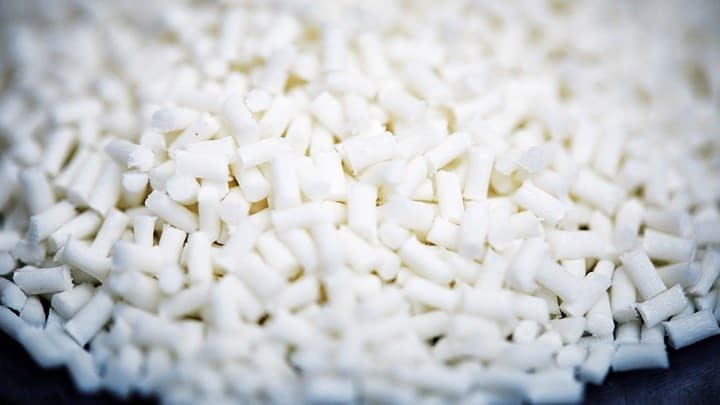
Lhyfe, a prominent European producer of green and renewable hydrogen, is embarking on a groundbreaking project by constructing a hydrogen production plant in Brake, Germany
Positioned in the harbor area of Niedersachsen Ports, the plant will be the first in northern Germany to provide green hydrogen to the broader market. The facility, with an installed electrolysis capacity of 10 MW, is anticipated to produce up to 1150 tons of green hydrogen annually, sourced from wind and photovoltaic plants via corporate Power Purchase Agreements (PPAs). Green hydrogen
The project, marked by a recent groundbreaking ceremony scheduled for February 1st, underscores the economic viability of hydrogen solutions in transportation and industrial sectors. Luc Graré, Head of Central & Eastern Europe at Lhyfe, expressed enthusiasm about the project’s contribution to Lower Saxony’s hydrogen infrastructure goals and its positive impact on regional job creation and economic growth.
Lower Saxony Economics Minister, Olaf Lies, lauded the initiative as a significant step towards sustainable energy supply, regional value creation, and decarbonization. The project, situated in the port of Brake, aligns with the town’s commitment to clean energy technologies and is expected to position the port as a hub for green innovation and sustainable growth.
The green hydrogen plant in Brake is seen as pivotal in decarbonizing the industrial port complex and maritime transport. Michael Kurz, Mayor of Brake (Unterweser), highlighted the long-term benefits for the local economy and the town’s positioning as a pioneer in clean energy technologies. Green hydrogen
Holger Banik, Managing Director of Niedersachsen Ports, emphasized the port’s role in serving a broad network over short distances and contributing to the energy transition and circular economy in the region.
This project in Lower Saxony aligns with Lhyfe’s commitment to the market ramp-up of green hydrogen and follows the recent announcement of the company’s largest hydrogen production plant in Baden-Württemberg. The Schwäbisch Gmünd plant, with a 10 MW production capacity, commenced construction in October, marking another significant milestone in Lhyfe’s pursuit of a sustainable and low-carbon future. Green hydrogen
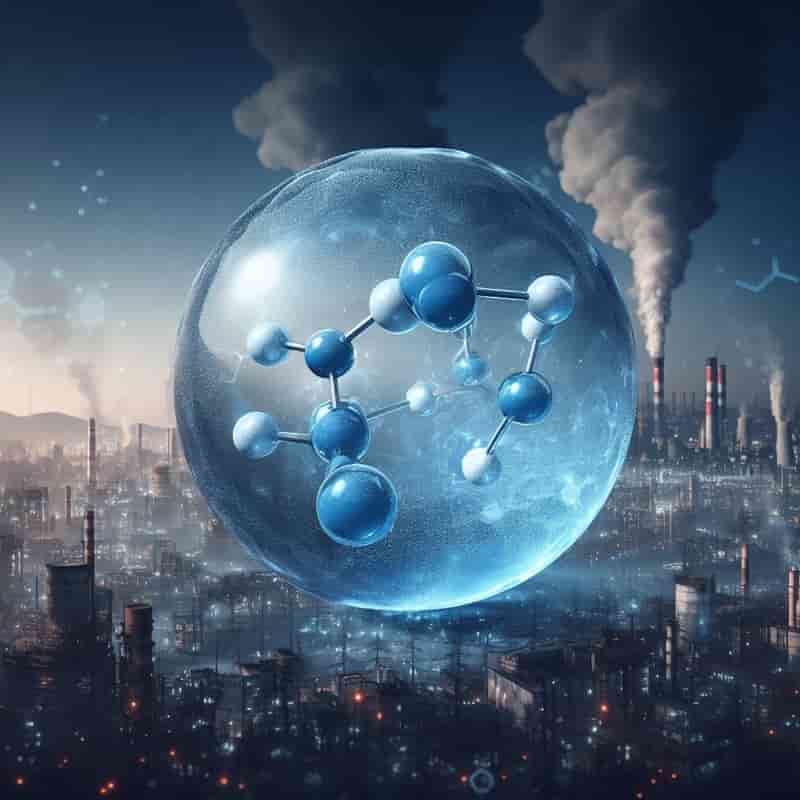
Zero carbon emissions – Mazda has established a rotary engine development group of 36 engineers who will work on the advancement of renewable energy used as generators 03-02-2024
Green hydrogen
